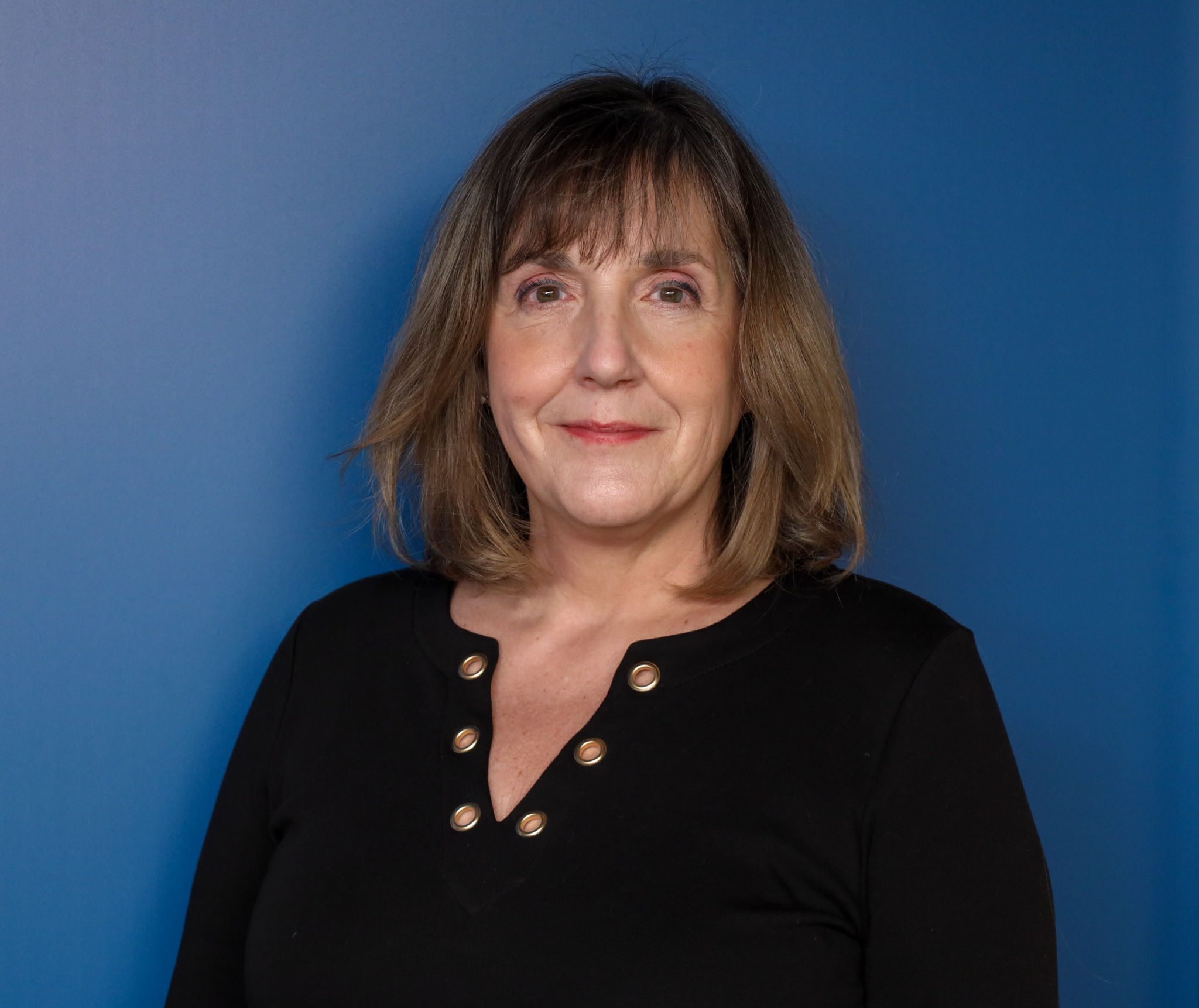The Business of Defense
Knocking on prime time: 4 tips from tech solutions startup founder on staying agile, continuing to grow
Racine Sykes, CEO of Yellow House Consulting Group, shares four tips that helped her young business navigate a path toward early success as a federal contractor...
After three years of leading her federal technology and project management business, Racine Sykes knows that her consultancy has reached the point that it can qualify for 8(a) designation by the Small Business Administration.
But she’s in no rush to nab that certification. As president and CEO of Yellow House Consulting Group, Sykes has set a growth strategy defined by lessons learned since she founded Yellow House in 2021 and even before that while working for large and midsize financial management firms serving the federal government.
In the 10 years before she launched her business, Sykes said she learned much about how to be a team member, digest government procurement lingo, write proposals and, perhaps most important, identify mentors.
That’s “another thing that you get during that time. You get a lot of the people that you consider mentors,” she shared during an interview for the Society of Defense Financial Management’s The Business of Defense podcast on Federal News Network.
“These are people now, 10 years later, that I call on for help and assistance and guidance, and they very quickly answer the call and assist me in trying to grow my business,” she said.
Here are four tips that Sykes offered during the interview that she believes have helped prepare Yellow House, an economically disadvantaged woman-owned small business, to win prime contracts and continue growing over the coming years.
Small Business Tip 1: Be strategic about moving to 8(a) designation
Technically, Yellow House can qualify and meet the criteria to take part in the nine-year SBA 8(a) program. But Sykes said she’s being strategic about when she decides to have the company enter the program so that it can take the most advantage of the designation and its benefits.
“I want to have a really strong pipeline of things that I feel I can go after and win successfully,” she said. “Until that happens, I don’t want to maybe lose a few years of my designation by trying to get it too soon and not really having that strong pipeline of business.”
Small Business Tip 2: Differentiate yourself from the masses
Skyes’ background before starting Yellow House was in Defense Agencies Initiative efforts to reimagine financial management across the Defense Department. And it was initially where she focused her business pursuits.
“Once you start going after that work, you realize it’s pretty saturated,” she said. “There’s a lot of companies that look like mine, that can do the things that I do.”
It became clear she needed to think long term and define Yellow House’s specialties. Sykes has settled on three areas that take advantage of her background and that she hopes to make mainstays for her company:
- Helping with the implementation of travel applications within the federal government
- Assisting Defense agencies in getting to clean audit opinions
- Supporting reconciliation for intragovernmental transactions (IGT) — basically the auditing that’s needed when federal organizations perform activities with one another
Small Business Tip 3: Pick your partners with care
Sykes acknowledged that she learned early on — and the hard way — how critical it is for a young company to take time to evaluate potential partners.
In Yellow House’s first year, “I partnered too quickly,” she said. “Thankfully, I kept my head above water.”
Today, she makes two things part of her partnering process. First, she asks potential primes to share small businesses they have partnered with as references. And second, she makes it a priority to spend time with potential partners in advance of bidding on a project or working together.
“You can tell a lot by having that one-on-one face time with an individual and being able to learn more about them and, in turn, about their business and how they partner,” Sykes said. “If there was one piece of advice that I could give, it’s choose your partners wisely.”
Small Business Tip 4: Share your knowledge
In her time working for a big four accounting firm and then other federal contractors afterward, Sykes discovered another important lesson.
“One of the greatest things that I learned during that time is share your knowledge. It doesn’t belong to you. It belongs to the team. It belongs to the customer,” she said. “And everyone’s better when you share information.”
People often want to hoard information, thinking it makes them essential or the go-to expert, Sykes said. But it makes the team as a whole weaker and doesn’t usually lead to the most benefits in the end, she added.
“The more that I share, the better that everyone comes out in the long run.”
To listen to the full discussion between Racine Sykes, President and CEO of Yellow House Consulting Group, and Rich Brady, CEO of SDFM, click the podcast play button below:
Discover more stories about how to thrive as a federal contractor. Find all episodes of The Business of Defense podcast.
Copyright © 2025 Federal News Network. All rights reserved. This website is not intended for users located within the European Economic Area.






